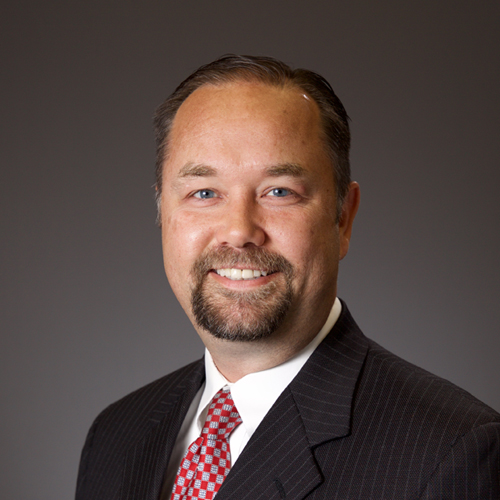
KANSAS CITY, Kan. – A federal court ruled Monday that, while a Fort Riley public school teacher’s case proceeds, she is free to speak without violating her conscience by communicating with parents in a manner consistent with how she is required to address the students at school. Previously, teachers were forced to use a student’s “preferred name” to address the student in class while using the student’s legal name when speaking to parents.
Additionally, the court acknowledged that Pamela Ricard can continue addressing students by their preferred names while avoiding pronouns for students who have requested pronouns inconsistent with their biological sex. In a change from the school district’s previous position, its attorney represented in court that Ricard’s current practice did not violate the policy.
“No government official can force someone to speak contrary to their deeply held religious beliefs and convictions,” said ADF Senior Counsel Tyson Langhofer, director of the ADF Center for Academic Freedom. “Pam has a distinguished teaching career and treats all her students with dignity and respect. We’re pleased the court has freed her to exercise her constitutionally protected freedom to teach and communicate honestly with parents while this case moves forward.”
Attorneys with Alliance Defending Freedom and Kriegshauser Ney Law Group representing Ricard, a math teacher at Fort Riley Middle School, filed a motion last month in Ricard v. USD 475 Geary County Schools School Board Members asking the U.S. District Court for the District of Kansas to temporarily halt enforcement of a school district policy that required her to violate her religious beliefs by lying to students and parents. Ricard sued school district officials after they reprimanded and suspended her for addressing a student by the student’s legal and enrolled last name.
The court found that Ricard is likely to prevail on her First Amendment free exercise of religion claim and therefore granted the motion to halt enforcement of the parental communication portion of the district policy while the lawsuit proceeds.
The court noted in its decision that the policy was riddled with exceptions for secular reasons, but the school district refused to make any accommodation for Ricard’s religious objection to deceiving parents. It further held that “it is illegitimate to conceal information from parents for the purpose of frustrating their ability to exercise [their] fundamental right” to direct the education and upbringing of their child.
“This victory for parents’ rights and freedom of conscience follows a year-long struggle to attempt to bring the school district to reason,” said Joshua Ney, partner at Kriegshauser Ney Law Group and one of more than 4,400 attorneys in the ADF Attorney Network. “The school district has had no regard for the workability or classroom control issues these constantly changing policies create, let alone their constitutional violations.”
“We have consistently raised concerns with the school board regarding the district’s vague and unpredictable procedures for student name and gender updates,” Ney continued. “Once in court, the school district changed its policy yet again to accommodate Pam’s original request in order to avoid a preliminary injunction. Hopefully the district can begin creating policies that focus on educating children without forcing teachers to lie to parents and violating a parent’s right to know what is going on with their child.”
- Pronunciation guide: Langhofer (LANG’-hoff-ur), Ney (NYE’)
The ADF Center for Academic Freedom is dedicated to ensuring freedom of speech and association for students and faculty so that everyone can freely participate in the marketplace of ideas without fear of government censorship.
# # #

